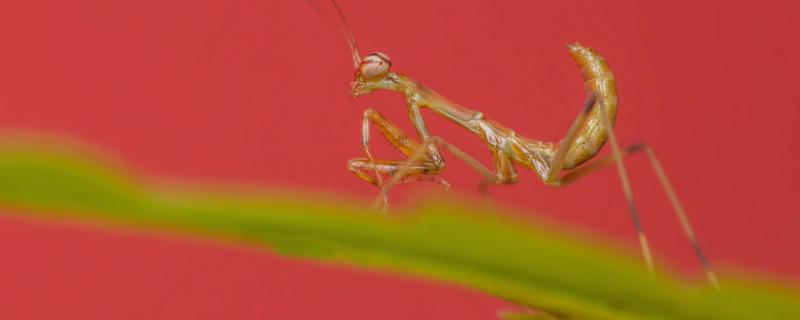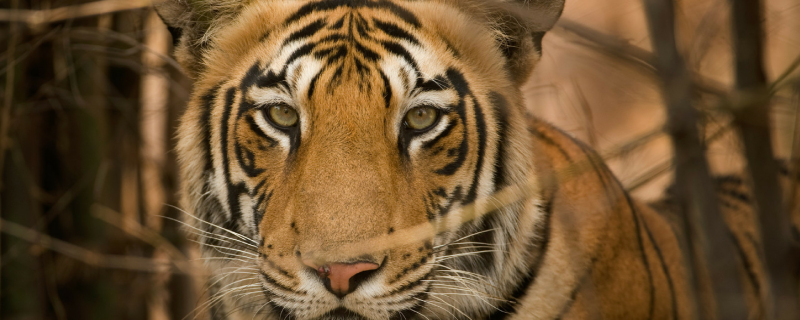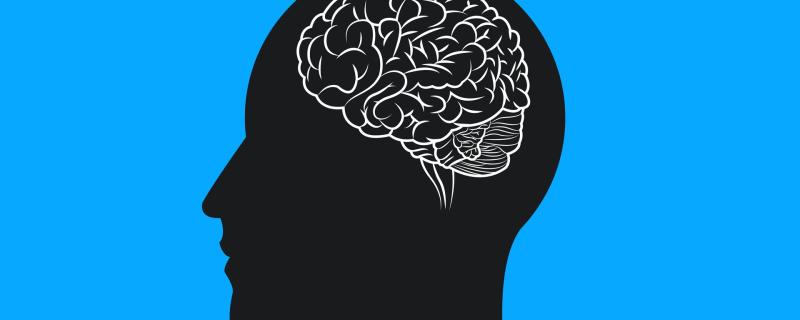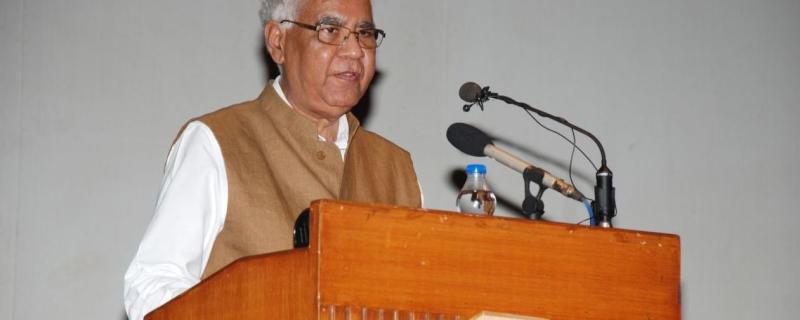Dr. Vivek Nityananda, a research associate from the Newcastle University presented a lecture titled, “Stereovision and prey detection in the praying mantis”, on the 10th of January 2018 at the Indian Institute of Science. An alumnus of the Center for Ecological Sciences at IISc, Dr. Nityananda was introduced to the audience by his doctoral guide, Prof.
आयआयटी मुंबईद्वारे विकसित नवीन डीप-लर्निंग फ्रेमवर्क SpADANet (स्पाडानेट) मर्यादित लेबल्स वापरूनही अनेक चक्रीवादळांमधील संरचनात्मक नुकसान अधिक अचूकपणे वर्गीकृत करू शकते.
Mumbai/






